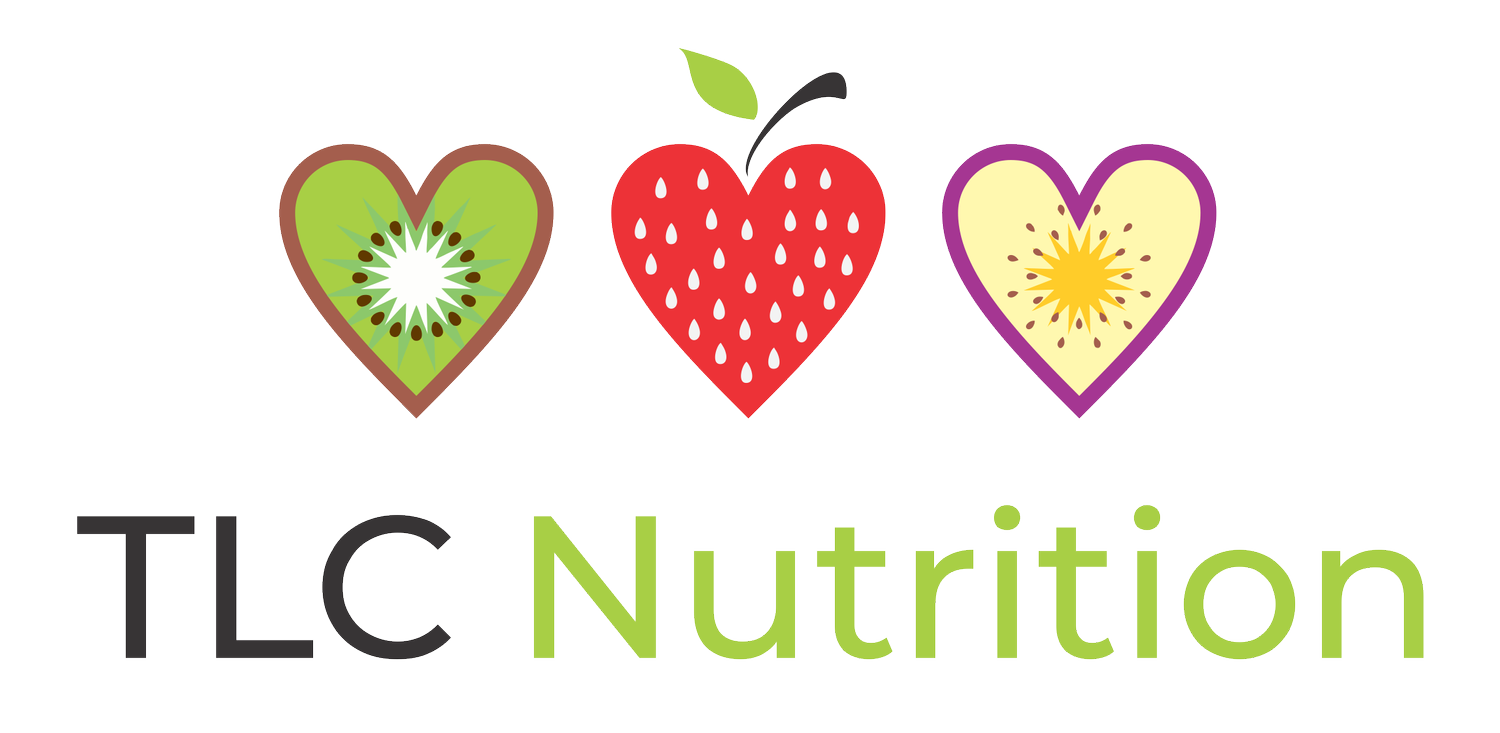
Irritable bowel syndrome (IBS)
*
Irritable bowel syndrome (IBS) *
Irritable bowel syndrome (IBS)
What is IBS?
Irritable Bowel Syndrome (IBS) is a chronic functional gastrointestinal condition. While the bowel appears structurally normal, it doesn’t function as it should. IBS cannot be diagnosed through blood tests or imaging; instead, it’s identified by your GP using the ROME IV criteria.
Similar symptoms can also be caused by other conditions, like Coeliac Disease, Inflammatory Bowel Disease (Crohn’s and ulcerative colitis), and certain cancers. This is why it’s essential to see your GP to rule out any of these conditions, before considering dietary changes.
Poor gut health doesn’t just affect digestion; it can significantly impact your, Physical Well-Being, symptoms like bloating, constipation, and diarrhoea. Mental Health, the gut-brain connection means poor gut health may exacerbate anxiety, stress, and mood swings. Social Interactions, frequent digestive issues can make socialising difficult and Overall Quality of Life. Chronic symptoms can reduce energy, focus, and enjoyment of everyday activities.
How can a dietitian help me?
By consulting a gut health dietitian, you can gain the knowledge and guidance needed to manage symptoms, identify triggers, and restore balance to your gut for a healthier, happier life. Dietitians use Medical Nutrition Therapy (MNT) is a scientifically backed approach to managing IBS, designed to minimize symptoms and prevent flare-ups. This therapy can be delivered by an Accredited Practicing Dietitian who specialises in gut health. MNT is useful to help assess symptoms, diet, and potential triggers and can be used to develop a tailored dietary plan based on individual needs.
As a Monash University-trained Low FODMAP trained dietitian, I’m able to offer personalised support for navigating the Low FODMAP diet, Step-by-step guidance through elimination, challenge, and reintroduction phases. I can also provide detailed food lists, meal planning resources and support with label reading. I’m also experienced with The Royal Prince Alfred Hospital (RPAH) elimination diet. I have successfully been helping clients manage non-FODMAP food sensitivities, to (salicylates, amines, glutamates) and additives, click here for more information.
There are several MNT strategies to consider beyond a Low FODMAP diet. These include assessing the diet for quantity and quality of dietary fiber, optimising meal timing and portion sizes, evaluating fluid intake, and considering the influence of factors such as medications, supplements, stress levels, and exercise routines. An accredited Practicing Dietitian will also take into account any other complex medical conditions, food preferences, allergies and other intolerances. With my extensive experience supporting clients with IBS, “ I’m confident we can collaborate to identify the most effective strategy or combination of strategies to help with your unique symptoms and enhance your quality of life."
